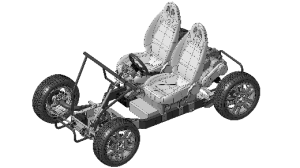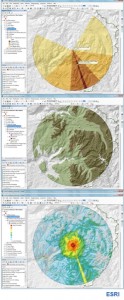
Heritable Innovation Trust @ P2p Foundation
Katie Martin:
“The Heritable Innovation Trust (H.I.T.) is framework developed as an alternative to the intellectual property system that is held under contract law, giving it a more flexible structure to allow for the consideration of innovations with communal stewardship and adapted over time. By operating under contract law and with an end-user-license agreement, the H.I.T. does not have the same jurisdictional limitations that patent, copyright, or trademark filings do. H.I.T. teams are invited to companies and communities around the globe to become experts on the culture and innovations of their hosts all of which is then documented into the trust repository that exists both in book form and as an online database. Community analyses are compiled using Integral Accounting, as system by which environments are assessed based on six dimensions: commodity, custom & culture, knowledge, money, technology, and well-being. Integral Accounting provides a more comprehensive look at the whole of a community to provide context for interactions and the innovations shared by the community. Any utilization of the information held in perpetual trust under the H.I.T. framework must be done in reciprocity, meaning that the first order transaction is always knowledge of how the information will be used then any further engagement must be done so in partnership with the originators of the information.”






